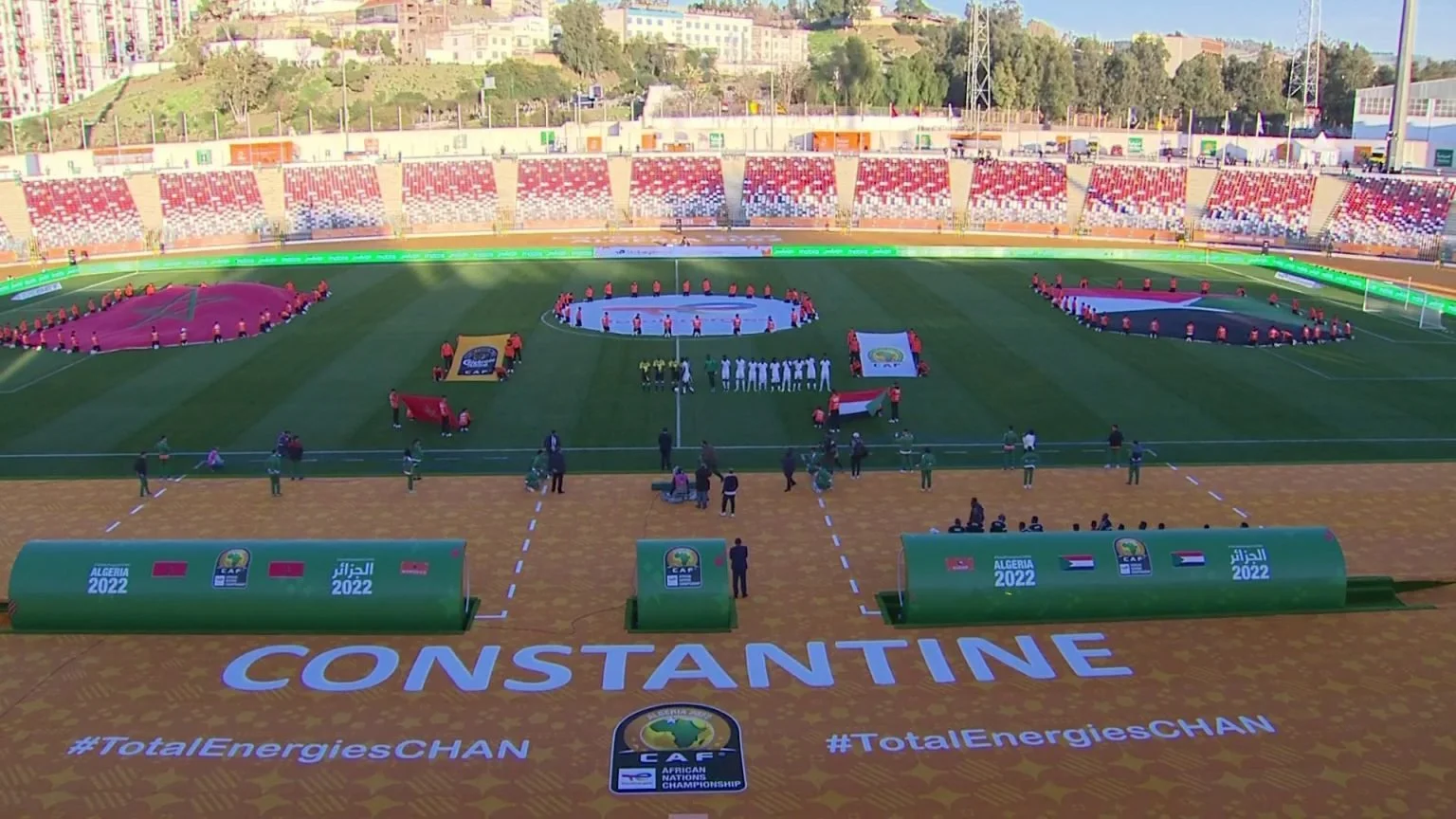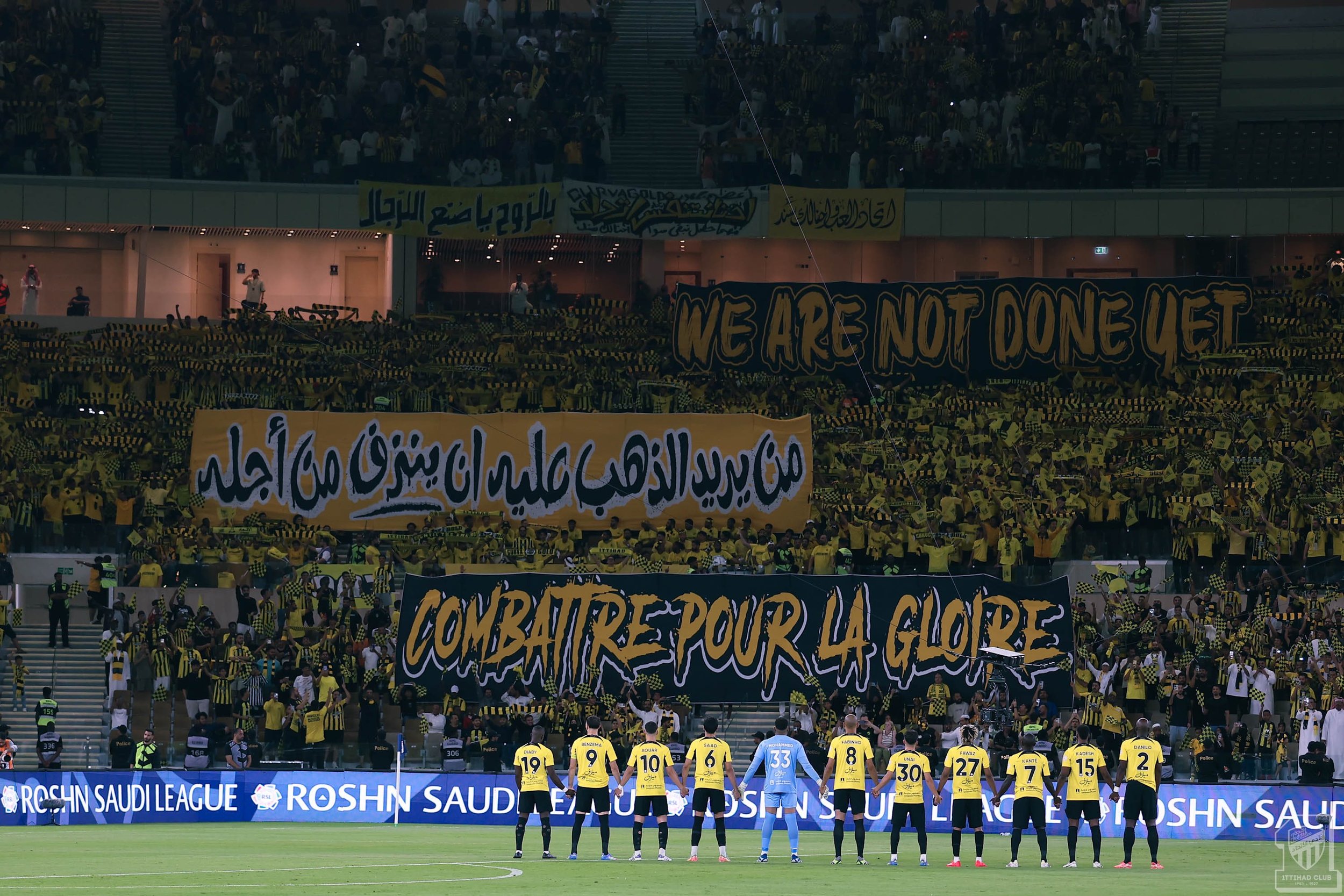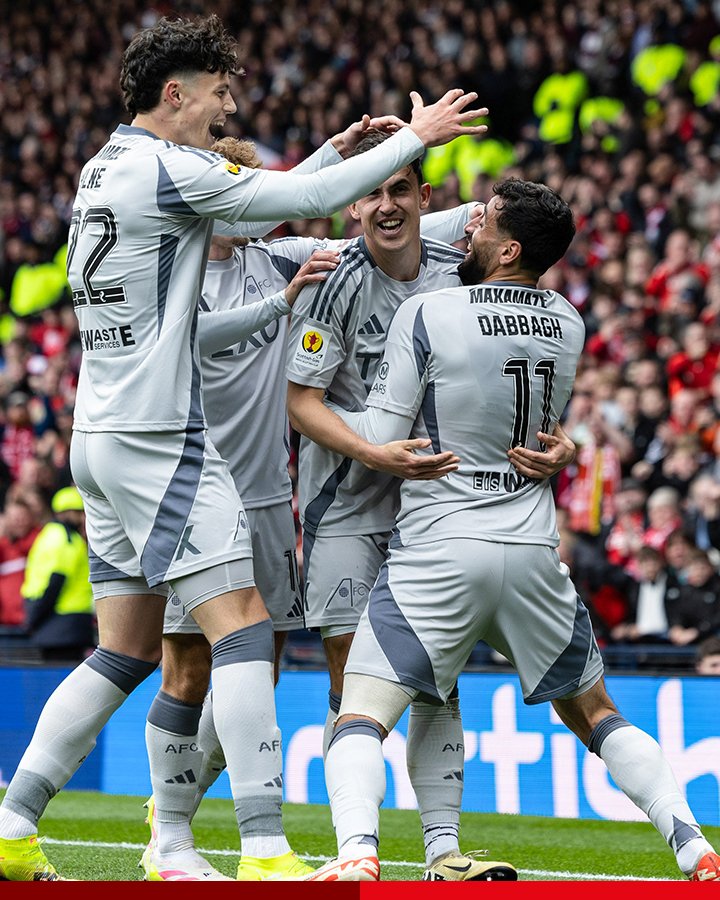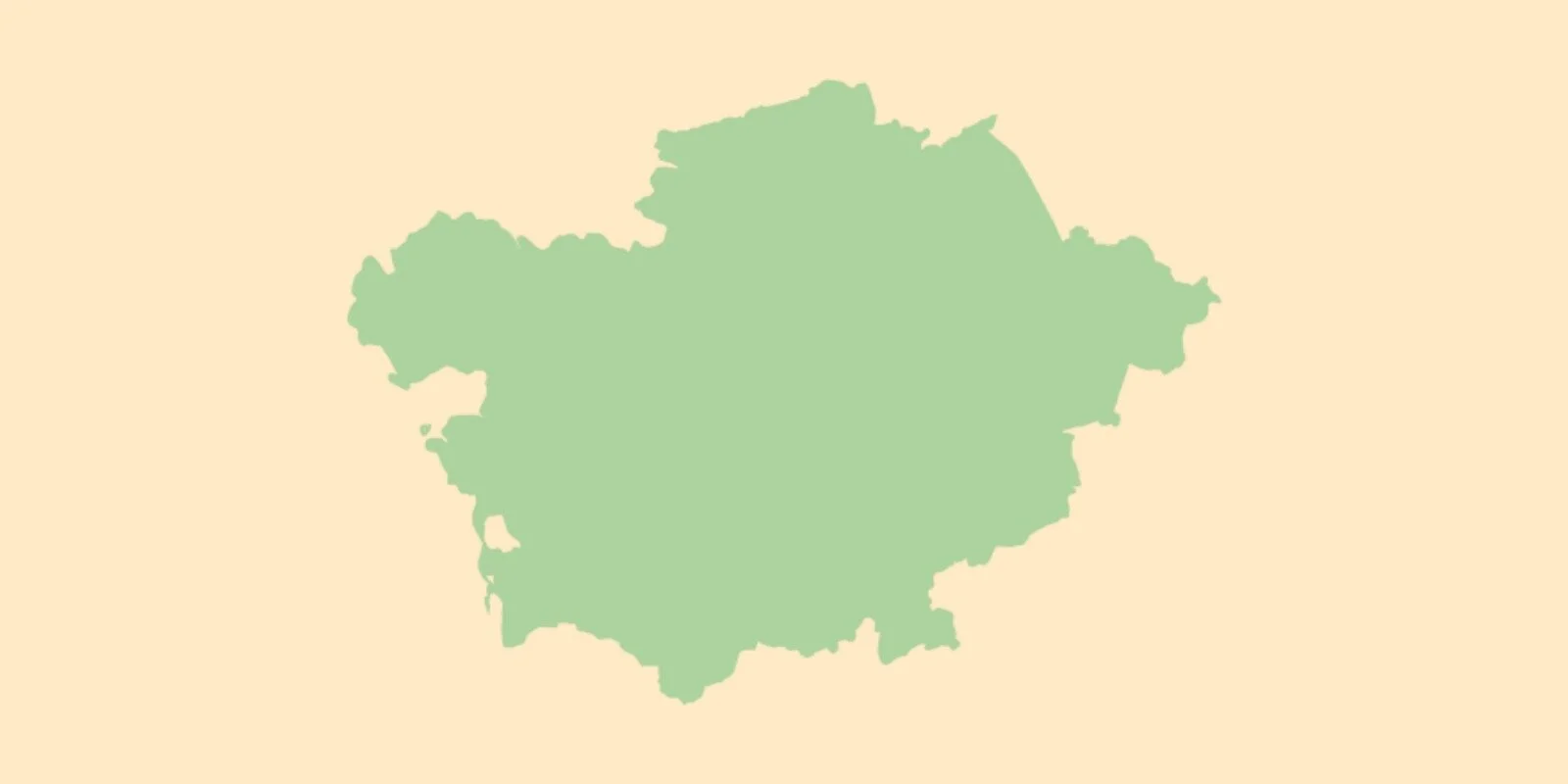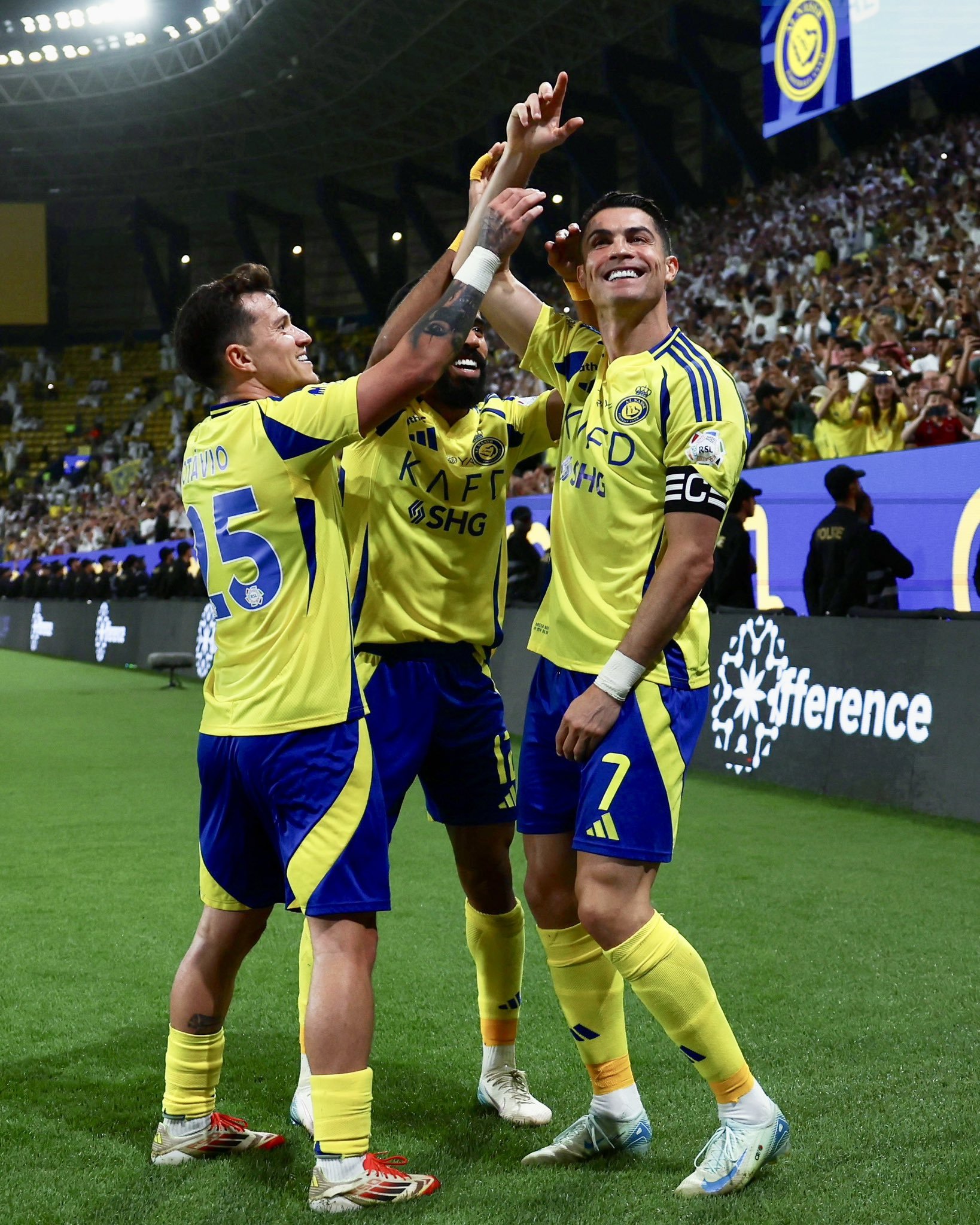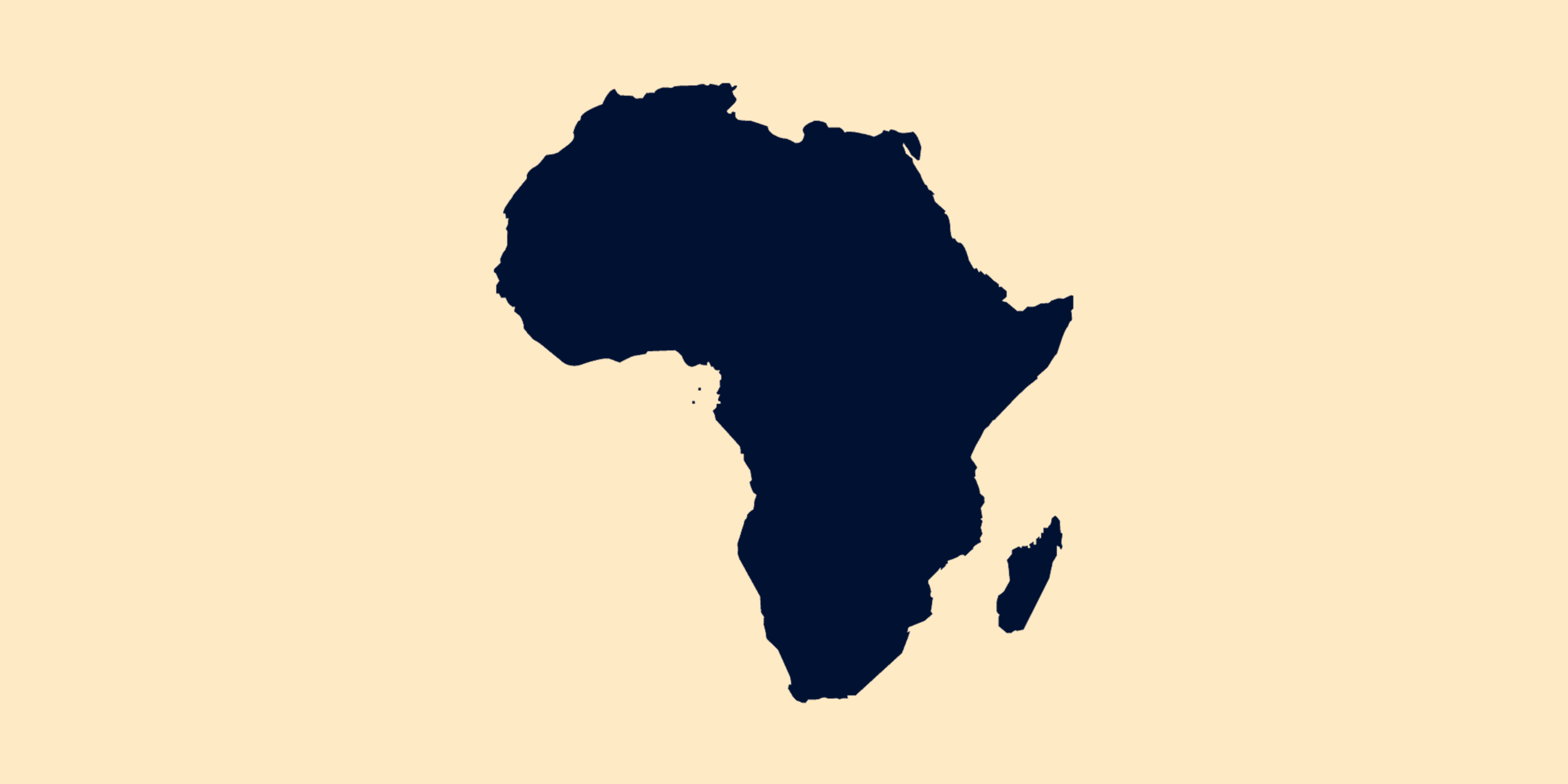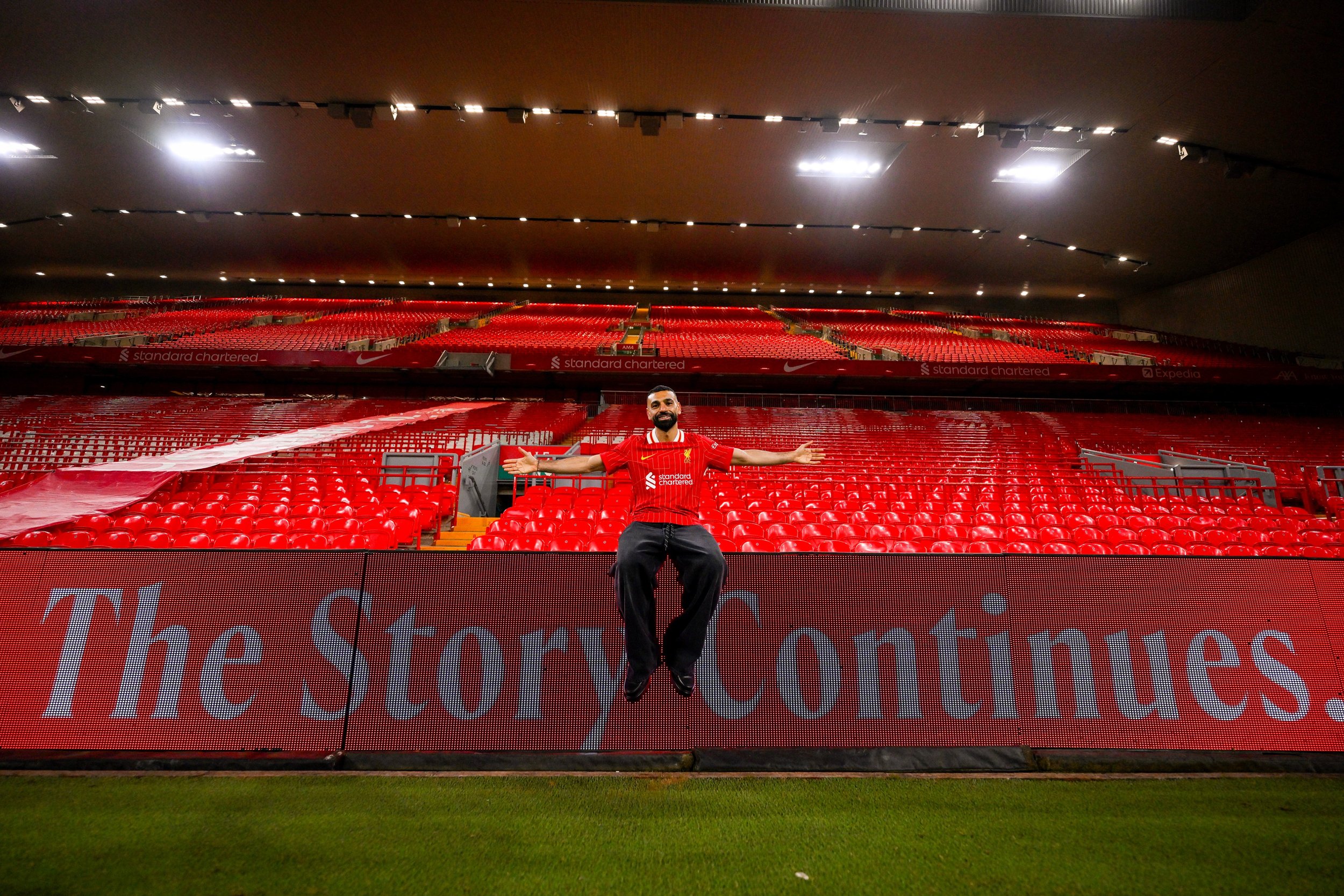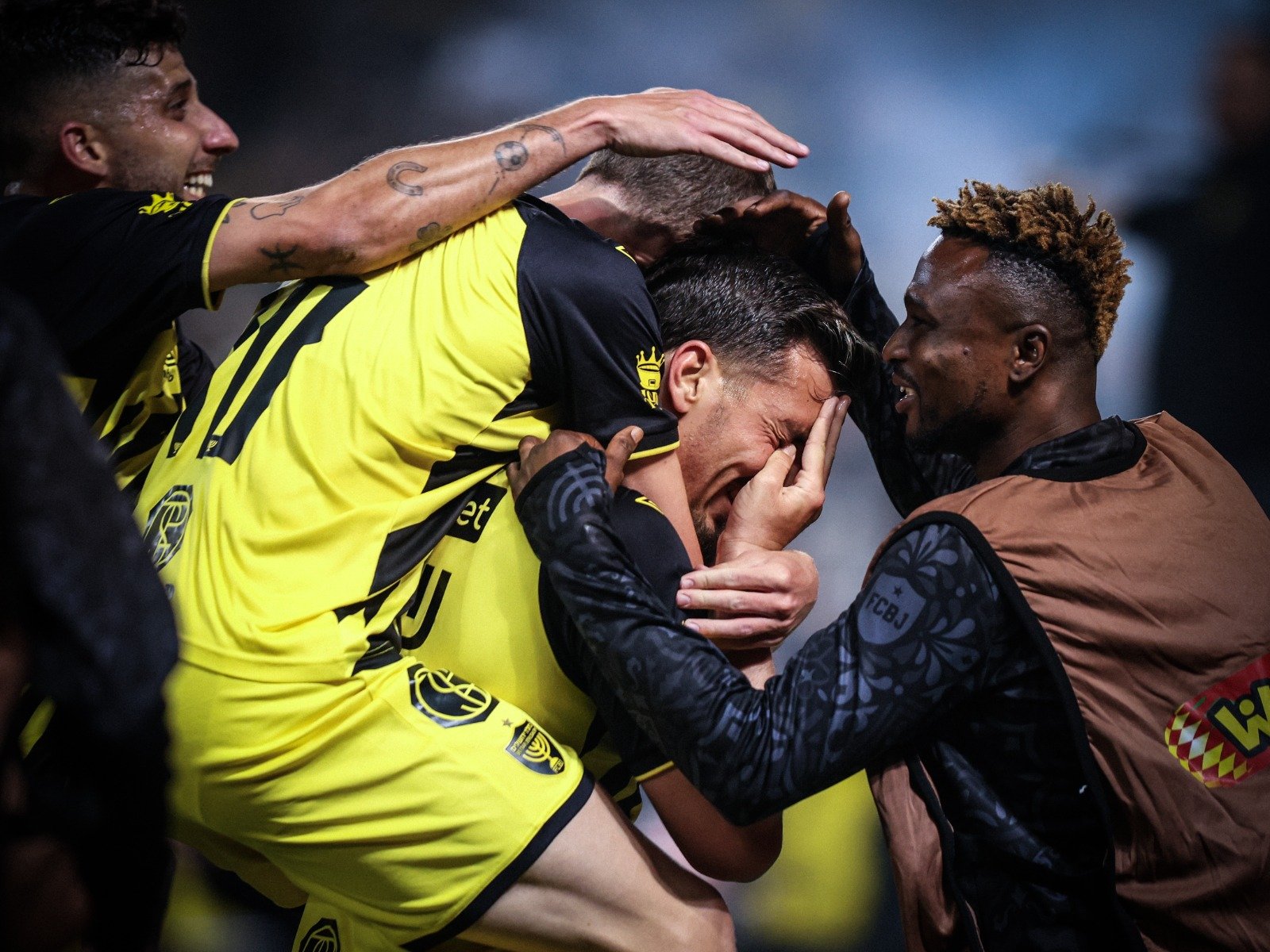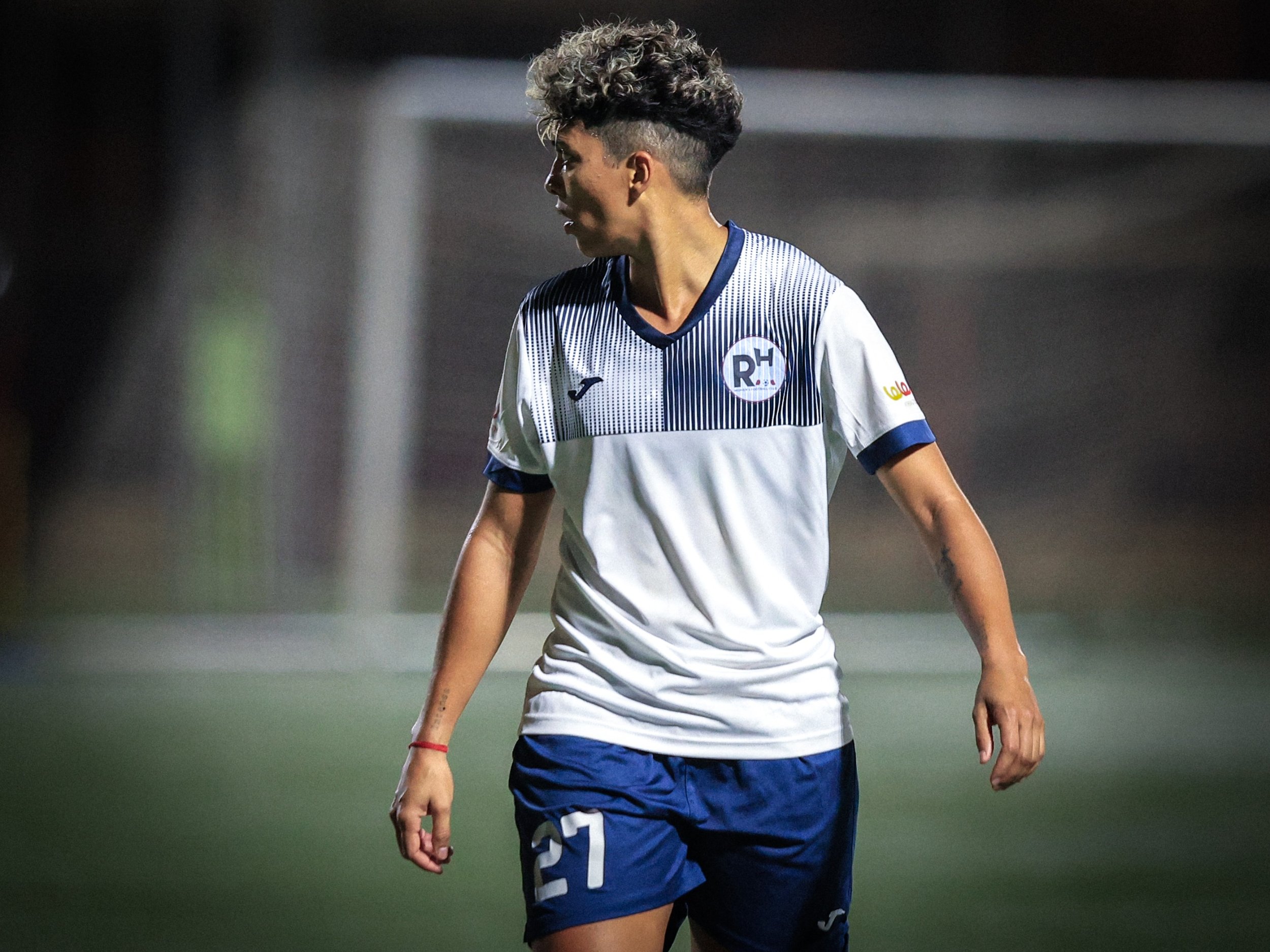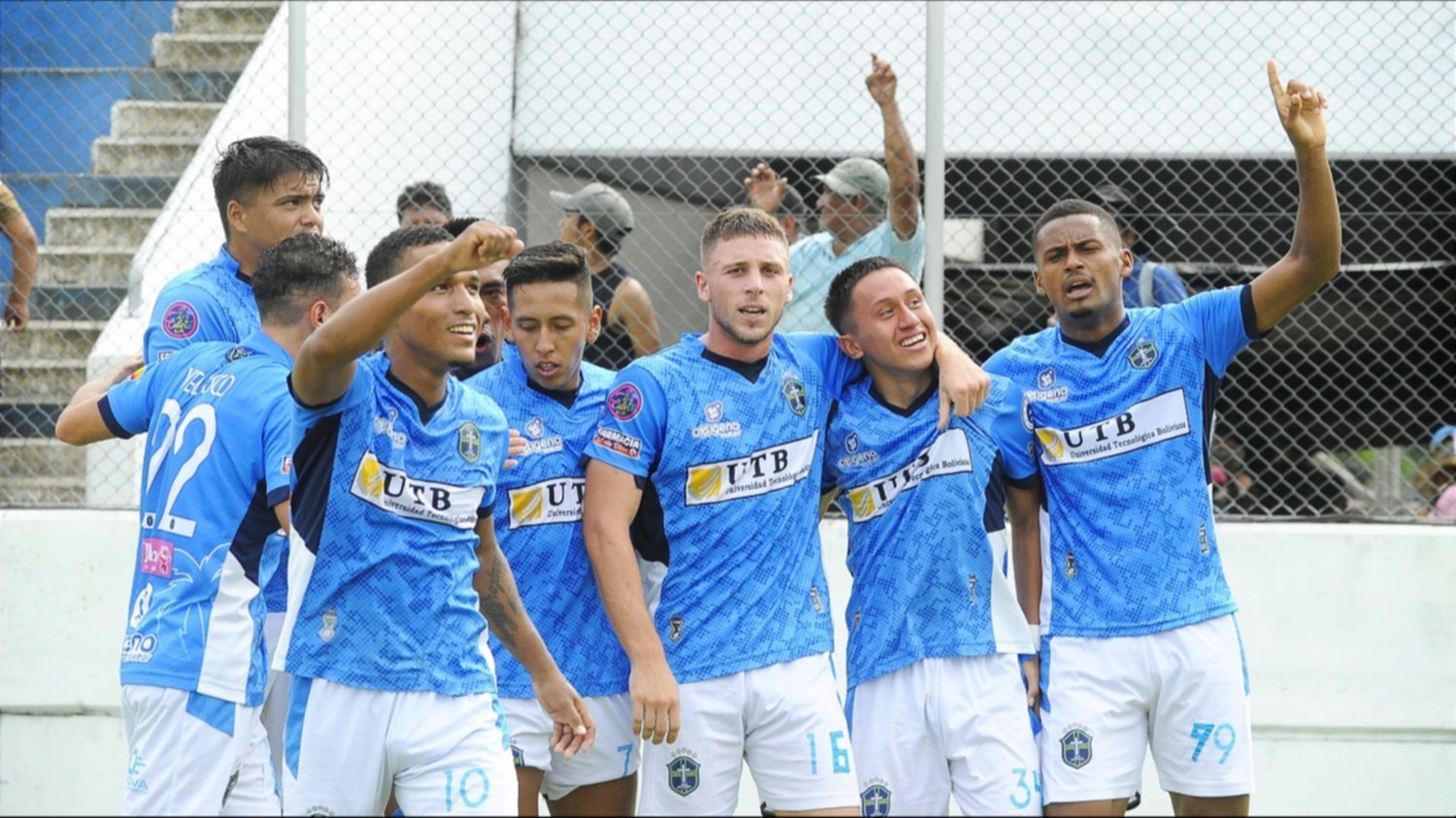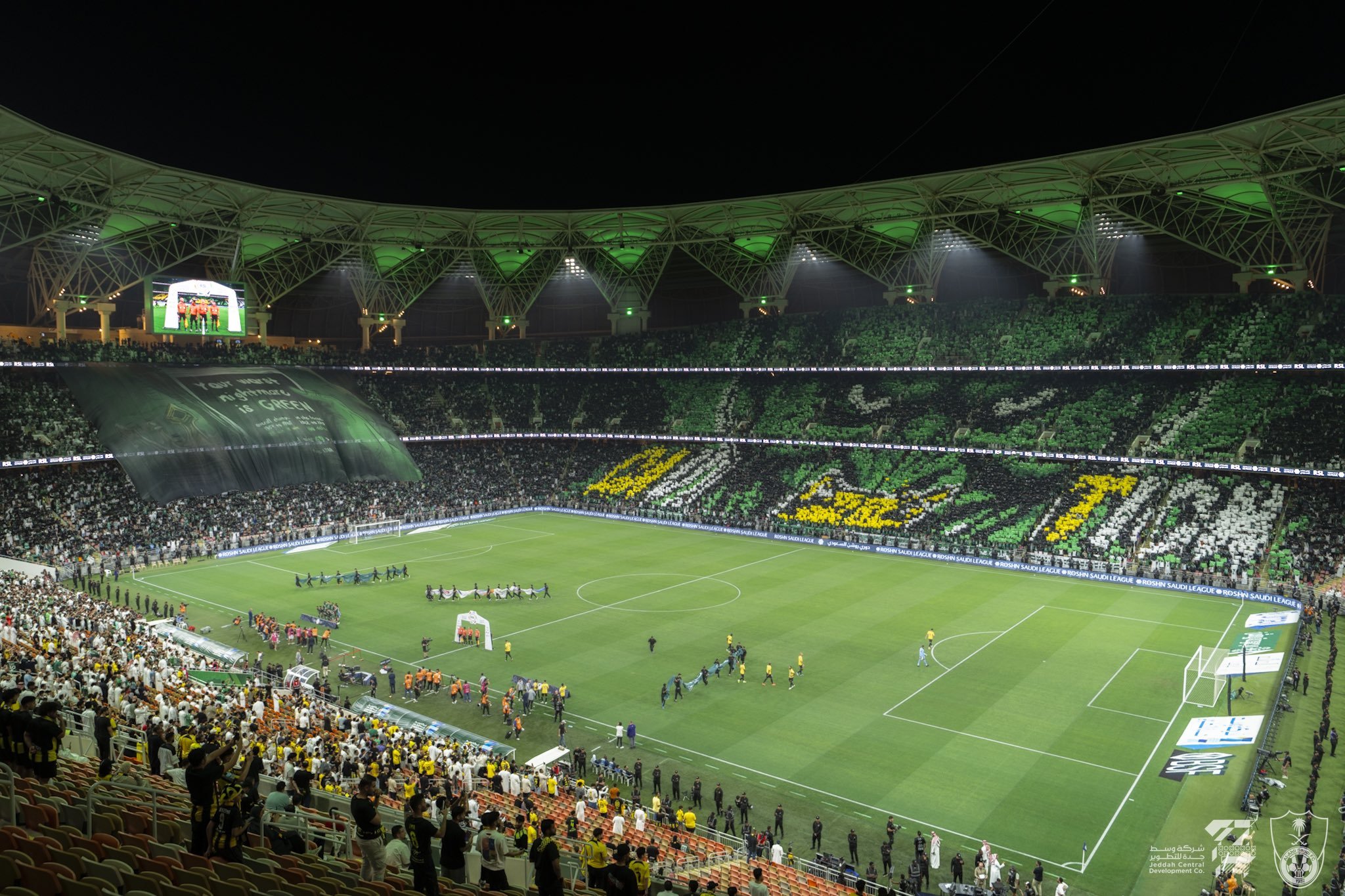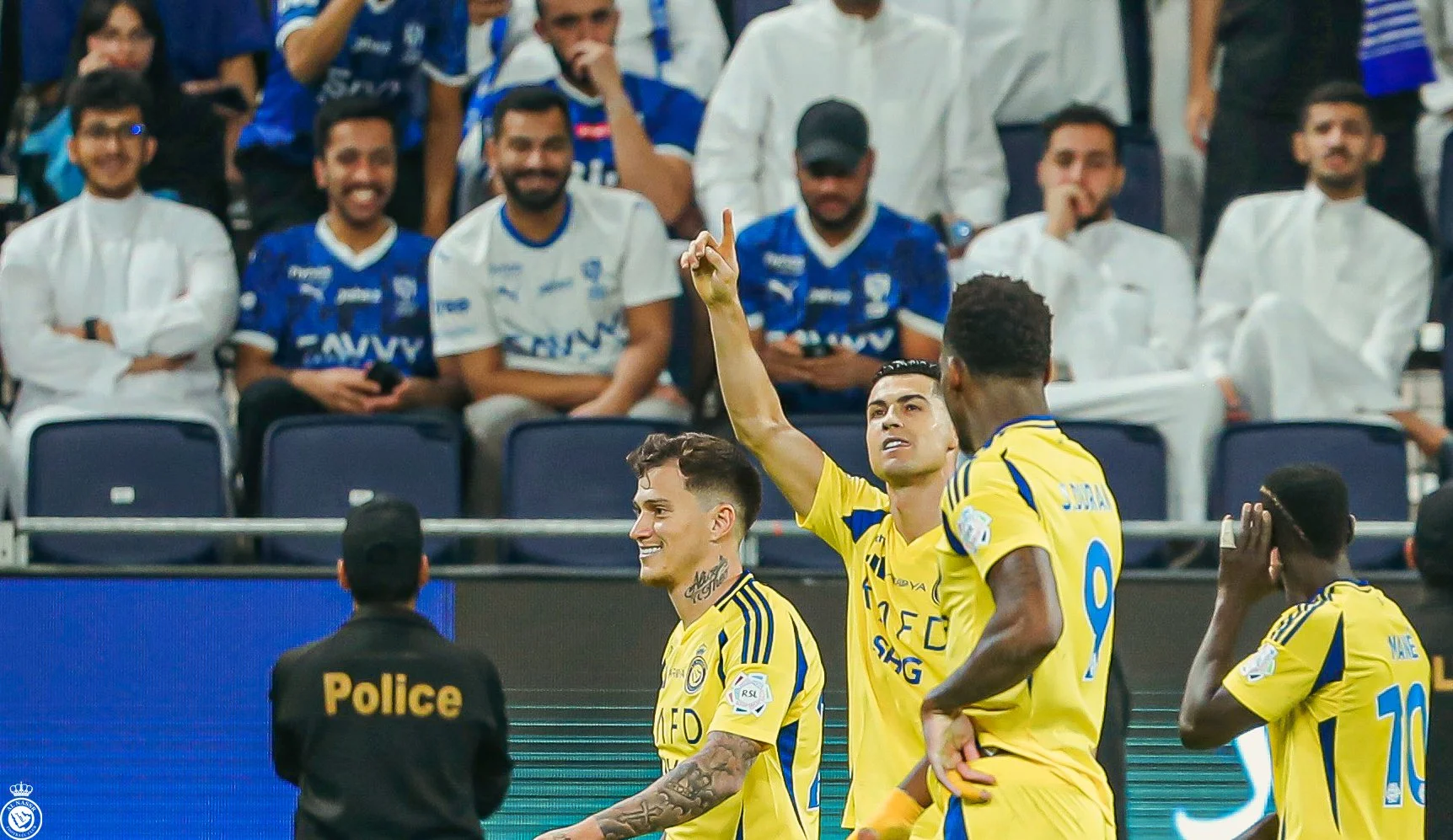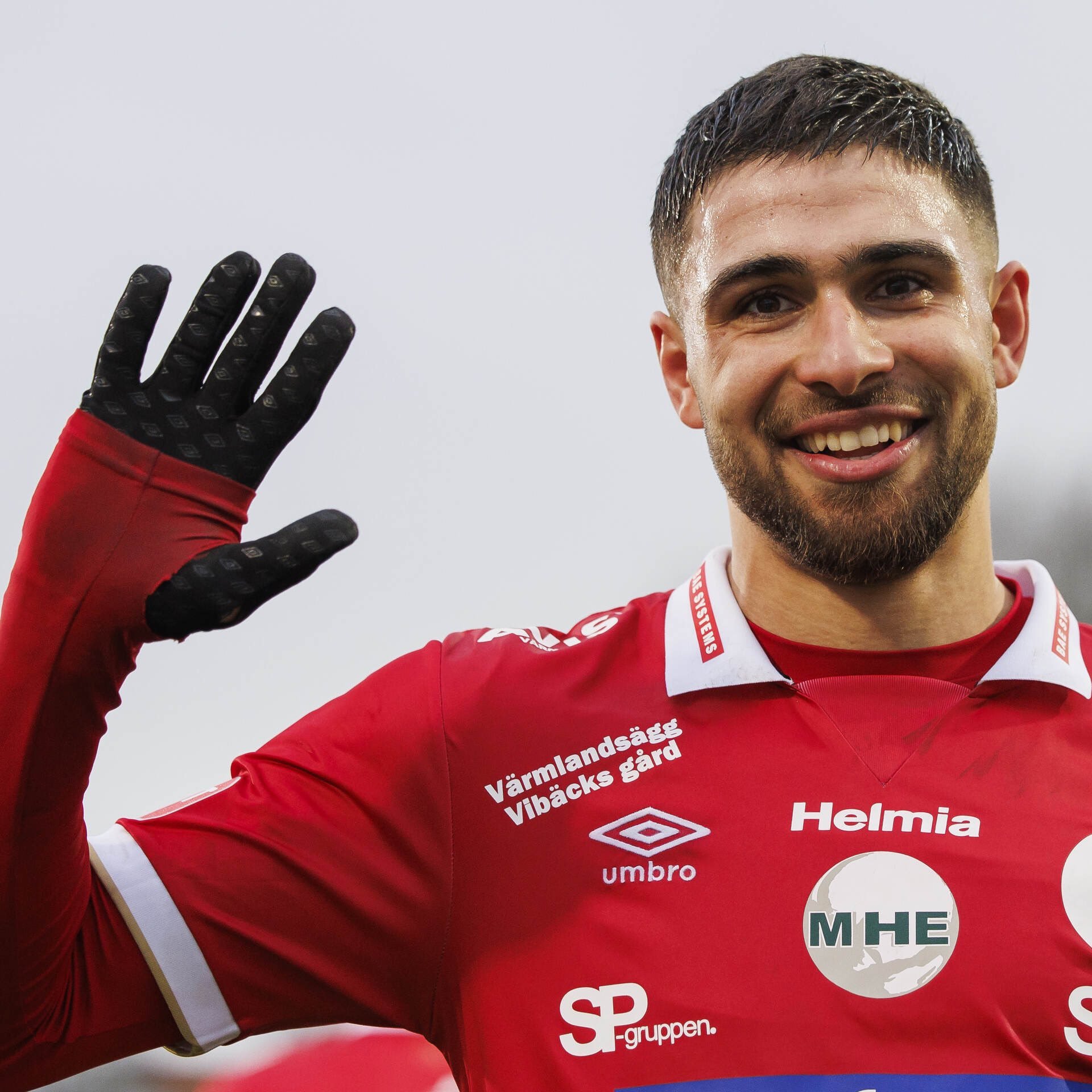Morocco were supposed to play this Sunday against Sudan in Constantine, Algeria, their first game in the African Nations Championship - CHAN 2022 - but didn’t happen.
The Sudanese players stood for the national anthems, but no Moroccan team was there.
The Moroccans, defending champions for two tournaments in a row, had planned to send their U23 side to the competition, but after a political saga with Algeria, they practically withdrew from the competition after being refused a direct flight to the country.
CHAN is a biennial competition for African national teams combined with players playing in the local African leagues.
This year the tournament is held in Algeria, with the country hosting its first major tournament since the Africa Cup of Nations of 1990, and a test of the Algerians’ dream of hosting AFCON 2025.
Algeria has built and renovated its football infrastructure to host this year's tournament, which was delayed due to schedule changes due to Covid-19, and the 2022 World Cup.
Unlike previous tournaments, Morocco’s idea to send the U23 squad was an idea to let the younger generation of Moroccans gain some international and continental experience.
But problems outside football entered the field, and everything changed.
Morocco asked to fly to Constantine from the Rabat-Sale Airport with their official Royal Air Maroc plane.
Since August 2021, Algeria has closed the airspace between the two countries, refusing to let Moroccan airplanes fly in, or to cross above.
The Algerians insisted that the Moroccan delegation would have to fly to Tunisia, and then change to a different aircraft before heading to Constantine.
The Moroccans, led by the head of their football association, Fouzi Lekjaa, refused to do so claiming that the Algerians are preventing them from participating for “political reasons”.
The Algerians on the other hand insisted on the aerial blockade, saying that the Moroccan squad can make the connection in Tunis, exactly like Moroccan teams have done when they played their Algerian counterparts in continental club football.
On Friday, the Moroccan delegation waited at the airport in case a direct flight was approved, but the plane never took off.
Relations between the two countries are famous for their volatility.
Although their populations are similar in terms of their language, culture and demographics, the hostility and division are rife.
The Sand War in the 60s, the Western Sahara War that carried on for 16 years, the border closure in 1994 - all were crises that shaped the way the two countries treat each other.
Yet, in recent years, two other issues were added to this debate: the sensitive situation in Western Sahara, part of Morocco that is fighting for independence and recognition, and the Abraham Accords, that made Morocco’s relationship with Israel official and public.
Algeria supports Western Sahara as a “fellow independent movement", in the same way they support the Palestiniansin their fight against Israel.
Last year we witnessed the implications of these tensions when Morocco and Algeria played each other in the Arab Cup in Qatar.
There, despite the political and diplomatic arguments, the players and the fans emphasised a different standpoint - one of rapprochement and solidarity.
In last year’s World Cup, these views returned, as many Algerian fans supported Morocco’s historic run to the semi-finals. The term ‘khawa, khawa’ - or ‘brothers, brothers’ - became a popular expression among Arab fans in Doha.
But the bromance and positive atmosphere are gone now.
In the opening ceremony in the brand new Nelson Mandela Stadium in Baraki, the tournament’s organisers invited Mandla Mandela, Mandela’s grandson, to speak.
“Let us not forget the last colony in Africa, Western Sahara”, he said in front of 40,000 fans in the stands.
“Madiba (Nelson Mandela) always said that we won’t be free until we free Palestine.”
Despite this dispute being much more a matter of governments rather than the people, during the opening game against Libya, Algerian fans were caught singing chants against their Moroccan counterparts - “give him bananas, give him bananas, the Moroccan is an animal.”
The Confederation Africaine de Football (CAF) said it “will investigate and look into the political statements and events at the opening ceremony” and “assess whether there was compliance with the CAF and FIFA regulations and statutes”.
The fact that the two-time champions haven’t arrived in Algeria due to political reasons is bad for all involved.
Algeria has harmed its chances to host AFCON 2025, while Morocco has given up its chance to retain their title.
After years of division and segregation, the past months have shown that the strong connection between the MENA region and football can become a real vehicle for change.
The solidarity and unity that was displayed during the Arab Cup, the World Cup, and even the Arabian Gulf Cup, now seems only temporary.
Edited by Alex Smith

